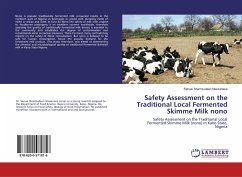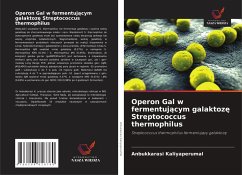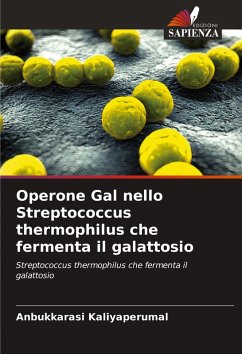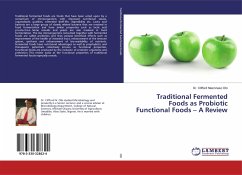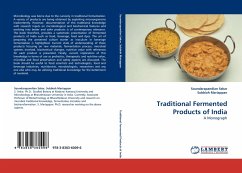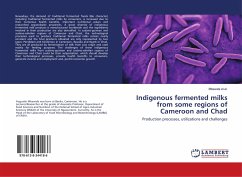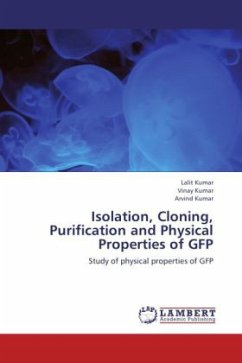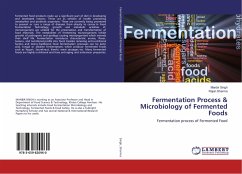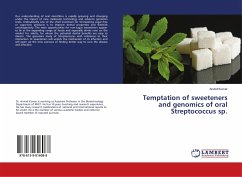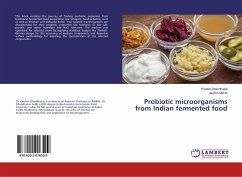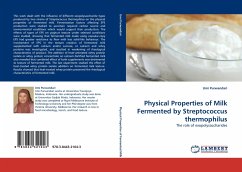
Physical Properties of Milk Fermented by Streptococcus thermophilus
The role of exopolysaccharides
Versandkostenfrei!
Versandfertig in 6-10 Tagen
52,99 €
inkl. MwSt.

PAYBACK Punkte
26 °P sammeln!
This work dealt with the influence of different exopolysaccharide types produced by two strains of Streptococcus thermophilus on the physical properties of fermented milk. Fermentation factors affecting EPS production were studied to ascertain required carbon source and environmental conditions which would support their production. The effects of types of EPS on yoghurt texture under selected conditions were studied, showing that fermented milk made using capsular-ropy EPS had greater resistance to flow with less solid-like behaviour. The involvement of EPS in the texture creation of fermented...
This work dealt with the influence of different exopolysaccharide types produced by two strains of Streptococcus thermophilus on the physical properties of fermented milk. Fermentation factors affecting EPS production were studied to ascertain required carbon source and environmental conditions which would support their production. The effects of types of EPS on yoghurt texture under selected conditions were studied, showing that fermented milk made using capsular-ropy EPS had greater resistance to flow with less solid-like behaviour. The involvement of EPS in the texture creation of fermented milk supplemented with calcium and/or sucrose, or calcium and whey proteins was investigated, and resulted in weakening of rheological characteristics of product. The addition of heat-untreated whey protein isolate or whey protein concentrate on calcium-fortified fermented milk also revealed that combined effect of both supplements was detrimental to texture of fermented milk. The last experiment studied the effect of heat-treated whey protein isolate addition on fermented milk texture. Results showed that heat-treated whey protein preserved the rheological characteristics of fermented milk.



